Strengthening Preventive Measures and Penal Policy Against Environmental Crime
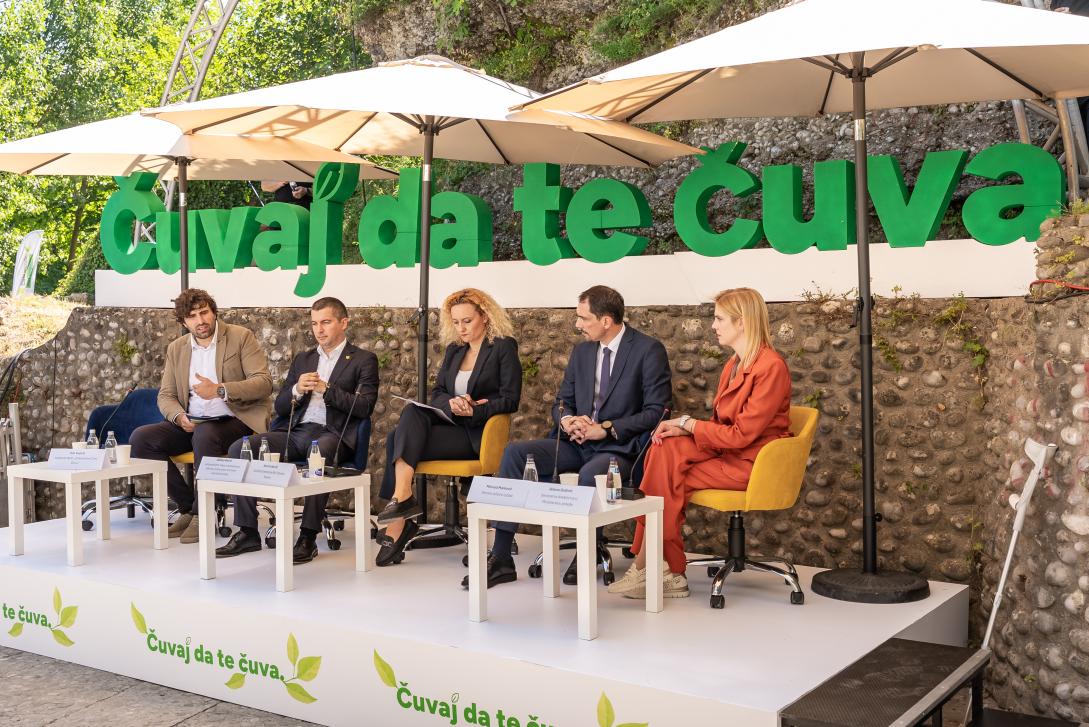
The penalties imposed for environmental crimes are inadequate, court proceedings last too long, and inconsistent interpretations of jurisdiction further hinder the effective enforcement of laws and the fight against environmental crime in Montenegro.
This was the message conveyed during one of the panels held as part of the conference marking the launch of the National Environmental Campaign Čuvaj da te čuva.

Copyright: Evropska kuća
As stated during the event held in Podgorica, the issue of environmental crime is among the top priorities of the current government, and continuous efforts are being made to improve the legal framework related to environmental protection. The possibility of forming a specialised unit within the police dedicated exclusively to environmental crime was also announced.
The Supreme State Prosecutor, Milorad Marković, stated that the campaign launched today is extremely important because it brings together all sectors of society to work collectively towards significant change in the fight against environmental crime.
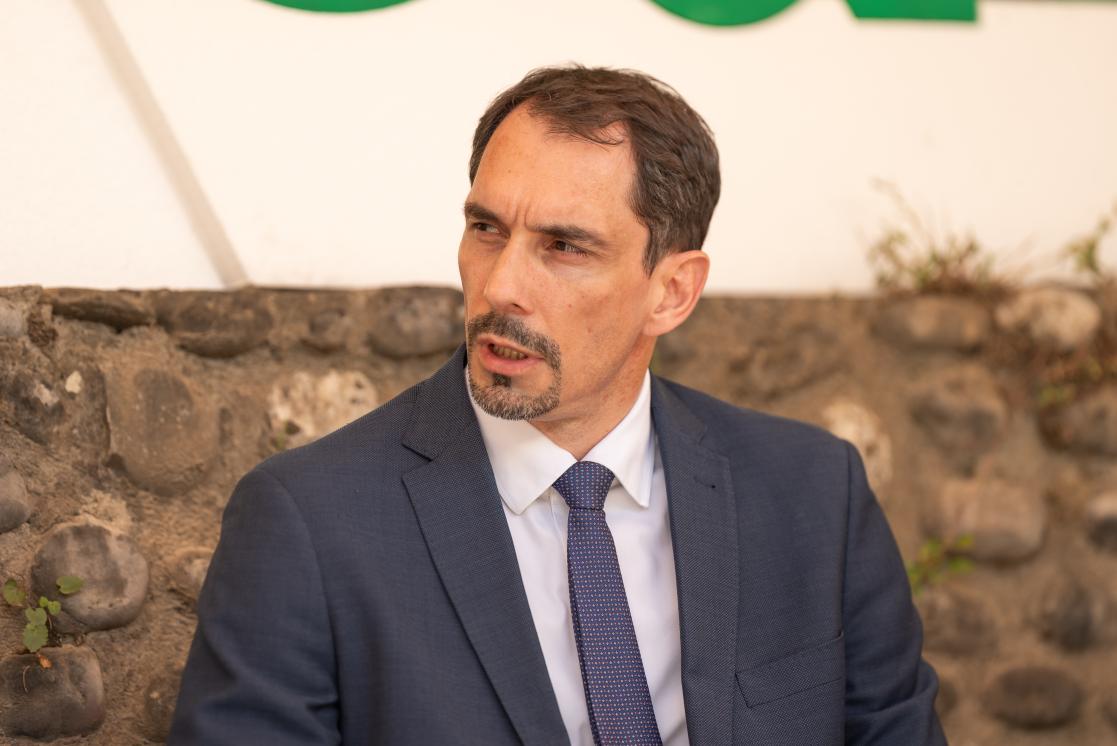
Copyright: Evropska kuća
He highlighted the importance of addressing environmental crime. He further noted that, according to Interpol and United Nations data, environmental crime is the fourth most prevalent form of criminal activity globally.
Marković explained that identifying and proving these criminal offences is highly complex and that a reform of the prosecutorial structure is underway, involving, above all, an increase in human resources, as well as enhancing the knowledge and specialisation of prosecutorial staff in the field of environmental crime.
He stated that they expect the new EU Directive on criminal offences against the environment, which came into force last year, to be transposed and harmonised into Montenegrin legislation. The Directive recognises new forms of offences, clarifies existing ones, and introduces a new approach by prescribing criminal sanctions.
“The directive stipulates that fines for environmental crimes will be based on the turnover of the company that committed the offence,” added Marković.
He stated that qualifying some environmental crimes as misdemeanours forfeits the opportunity to initiate criminal proceedings but that this risk can be mitigated through improved institutional communication.
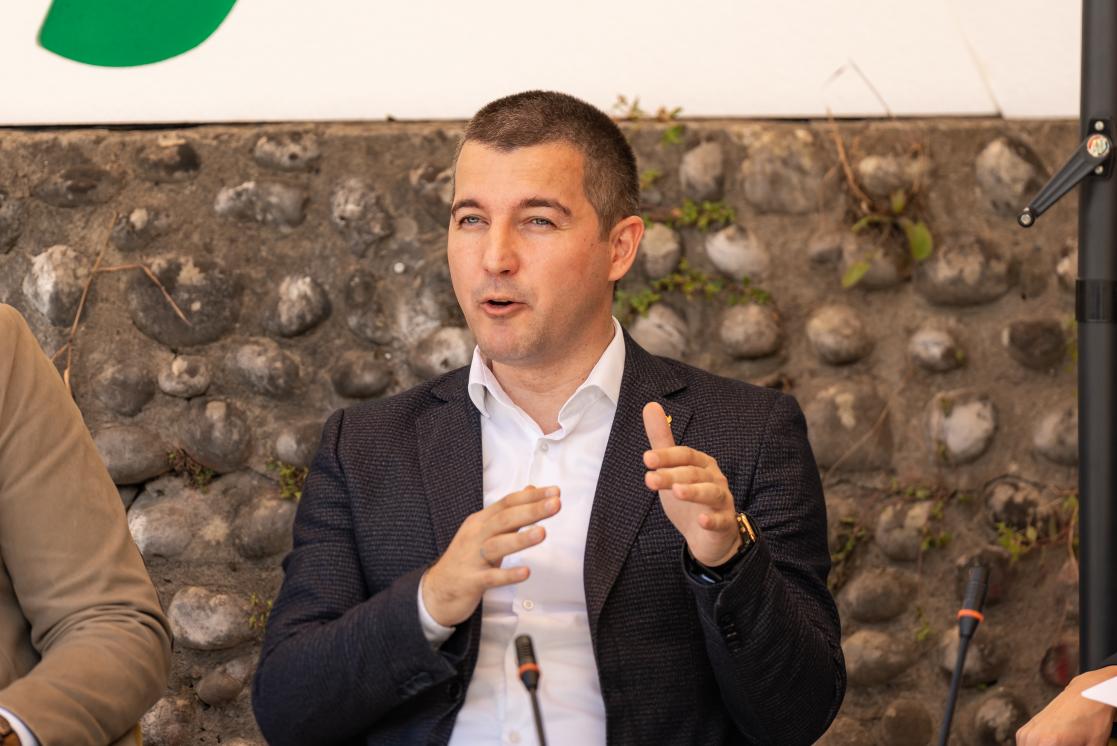
Copyright: Evropska kuća
Deputy Prime Minister and Coordinator of the Bureau for Operational Coordination of the Intelligence and Security Sector (BOK), Aleksa Bečić, emphasised that environmental crime is a top priority for the current administration, as demonstrated by the National Security Council’s identification of the fight against environmental crime as one of the country’s strategic goals.
He stated that tangible results and significant progress in this area have already been achieved.
“In a year and a half of this Government’s mandate, around 250 criminal complaints have been filed against approximately 300 individuals and legal entities due to illegal construction, deforestation and gravel exploitation,” Bečić reported. He added that there have also been numerous prosecutions for abuse of office and corrupt activities by individuals within the state system.
He stressed the need for vetting, not only in the security sector but across all levels and institutions, and announced that at the next BOK session, he would raise the issue of establishing a specialised unit within the Police Directorate to deal solely with environmental crime.
Jelena Grdinić, Director General at the Ministry of Justice, stated that her ministry is constantly working to improve the legislative framework regarding environmental protection, with current efforts centred on the Directive on criminal offences against the environment.
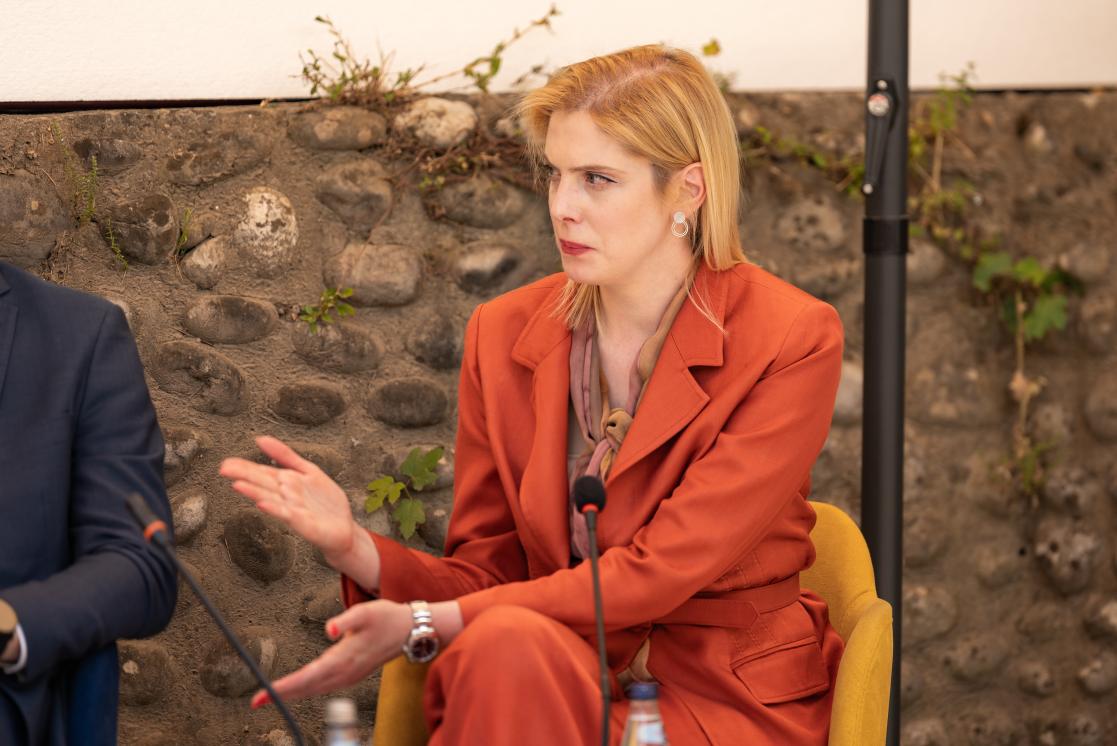
Copyright: Evropska kuća
“We have already undertaken certain activities. We are in communication with the Ministry of Ecology, Sustainable Development and Northern Region Development, and we will work on strengthening the criminal law framework and ensuring full alignment with international standards, particularly regarding the said Directive,” Grdinić stated.
She added that in the coming period, the existing Montenegrin criminal law framework will also be analysed to identify improvements.
Azra Vuković, Executive Director of the NGO Green Home, who participated in preparing the campaign launched today, stated that the NGO sector is concerned about the large number of unresolved environmental crime cases, as well as those that have been dismissed.
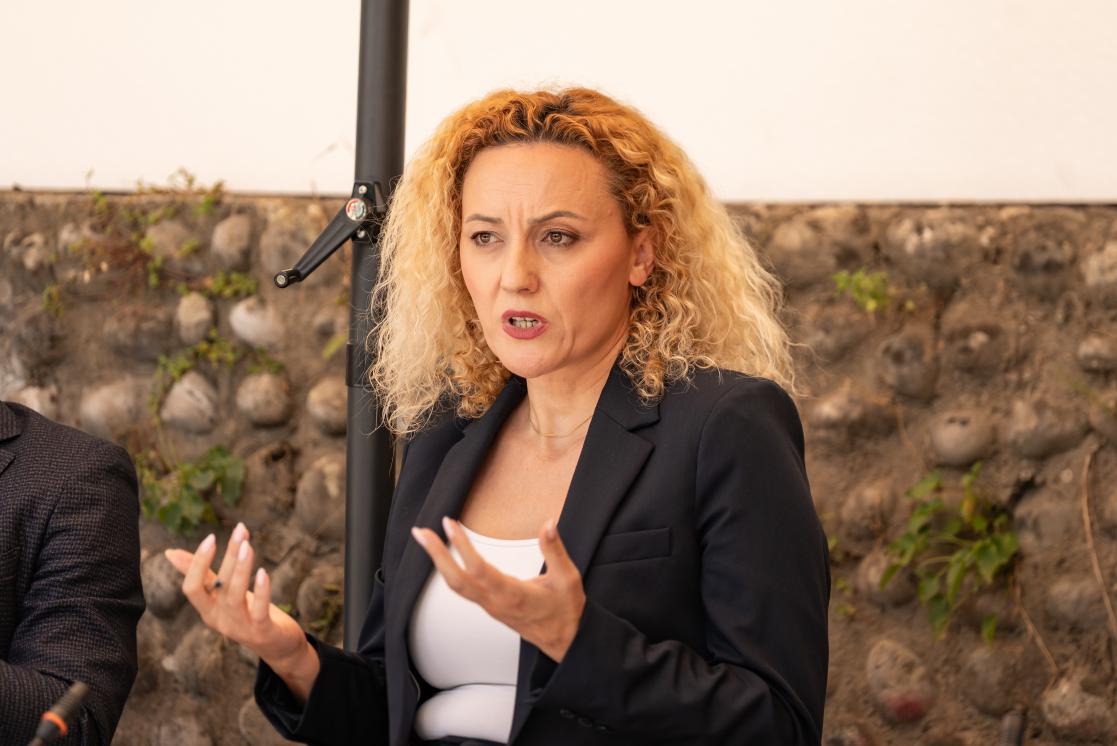
Copyright: Evropska kuća
She noted that several issues are evident in the handling of environmental crime: court proceedings are lengthy, judicial practice in the field of environmental protection is limited, and monetary fines are the most common form of sanction in misdemeanour cases.
“Decisions are often made with delays, judges frequently apply the minimum penalties provided by law, and it is difficult to establish a causal link between the offence committed and its environmental impact, which further complicates prosecution,” Vuković stated.
She pointed out that the lack of a national framework and cooperation protocol, the absence of formal coordination mechanisms between competent institutions, poor information exchange, and inconsistent interpretations of jurisdiction further hinder effective law enforcement and the fight against environmental crime.
Vuković emphasised that while legal solutions are being developed, the main issue lies in their implementation.




